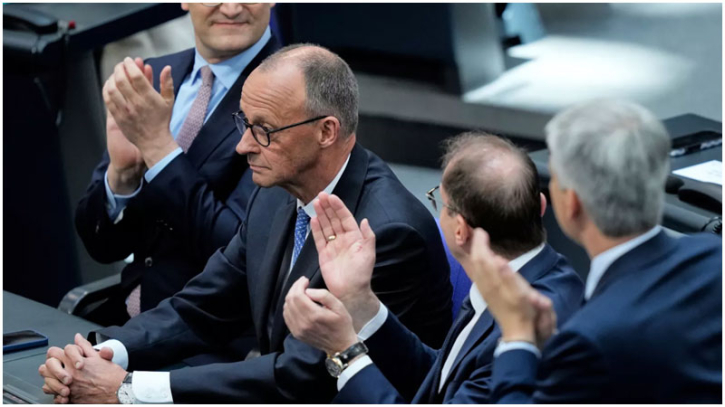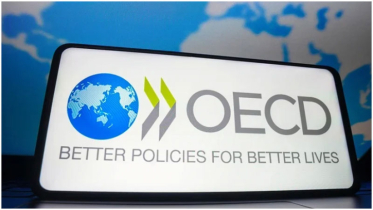Germany unveils €46bn corporate tax cut plan to jumpstart economy

Germany’s new government is preparing a sweeping €46 billion corporate tax relief package aimed at revitalizing the Eurozone’s largest but currently stagnant economy.
Finance Minister Lars Klingbeil, a Social Democrat, will formally present the proposal at Wednesday’s cabinet meeting. According to a draft bill seen by the *Financial Times*, the plan includes generous tax deductions for companies investing in new equipment and electric vehicles. The total cost is projected to reach €46 billion by 2029, when the current governing coalition’s term ends.
“After a prolonged period of economic stagnation, it’s crucial to significantly boost the potential of the German economy,” the draft legislation states. The initiative aims to “send a strong signal” to enhance both the short- and long-term competitiveness of Germany as a hub for business and innovation.
The tax reform is part of Chancellor Friedrich Merz’s broader economic revival strategy, which also includes over €1 trillion in debt-financed investments to modernize Germany’s armed forces and aging infrastructure. Merz, leader of the pro-business Christian Democrats, campaigned on a platform focused on revitalizing industry and reducing regulatory burdens.
His administration has also pledged subsidies to offset soaring electricity costs for manufacturers, and has established a new ministry to cut red tape and accelerate digitization across public services.
Economists welcomed the tax break package, but cautioned it must be accompanied by deeper reforms. “This is good news for Germany’s investment climate,” said Holger Schmieding, chief economist at Berenberg. “But it’s only a beginning. Reducing the regulatory burden will be more difficult, but even more vital.”
Under the plan, starting July 1, companies can deduct 30% of the cost of new machinery and equipment from their taxable income annually between 2025 and 2027. From 2028, the federal corporate tax rate — currently at 15% — will drop by one percentage point each year, reaching 10% by 2032. Businesses will also be able to write off 75% of the cost of new electric vehicles in the first year, significantly lowering their tax liabilities.
Additional incentives will be introduced to stimulate research and development, with more favorable tax treatment for R&D spending.
Robin Winkler, head of German macro at Deutsche Bank, called the proposals a “welcome short-term stimulus for the manufacturing sector,” which has been hit hard by rising energy costs and global competition.
Merz’s coalition expects the legislation to pass both houses of parliament by the end of the summer.
The policy shift marks a dramatic departure for Germany, a country historically known for its strict fiscal conservatism. After years of sluggish growth, Merz is betting big on investment-driven recovery.
The stakes are high. Germany’s export-driven economy has been grappling with competition from China, elevated energy prices, and weak corporate investment. Economists warn that looming U.S. threats of 50% tariffs on European goods could tip the country into recession.
Data from German development bank KfW shows that corporate investment in plant, machinery, and vehicles was still 9% below pre-pandemic levels in the third quarter of 2024. In contrast, U.S. investment was up 11.5%, and the EU average had recovered to 1% above pre-Covid levels.
Germany also lags in research and development: while public and private intellectual property spending rose 11% post-pandemic, the U.S. increased its R&D spending by 36%, and France by 27%, particularly in strategic sectors like artificial intelligence.
Merz's government hopes the new tax policy will help close that gap and reignite growth, positioning Germany to compete more effectively on the global stage.
.png)




